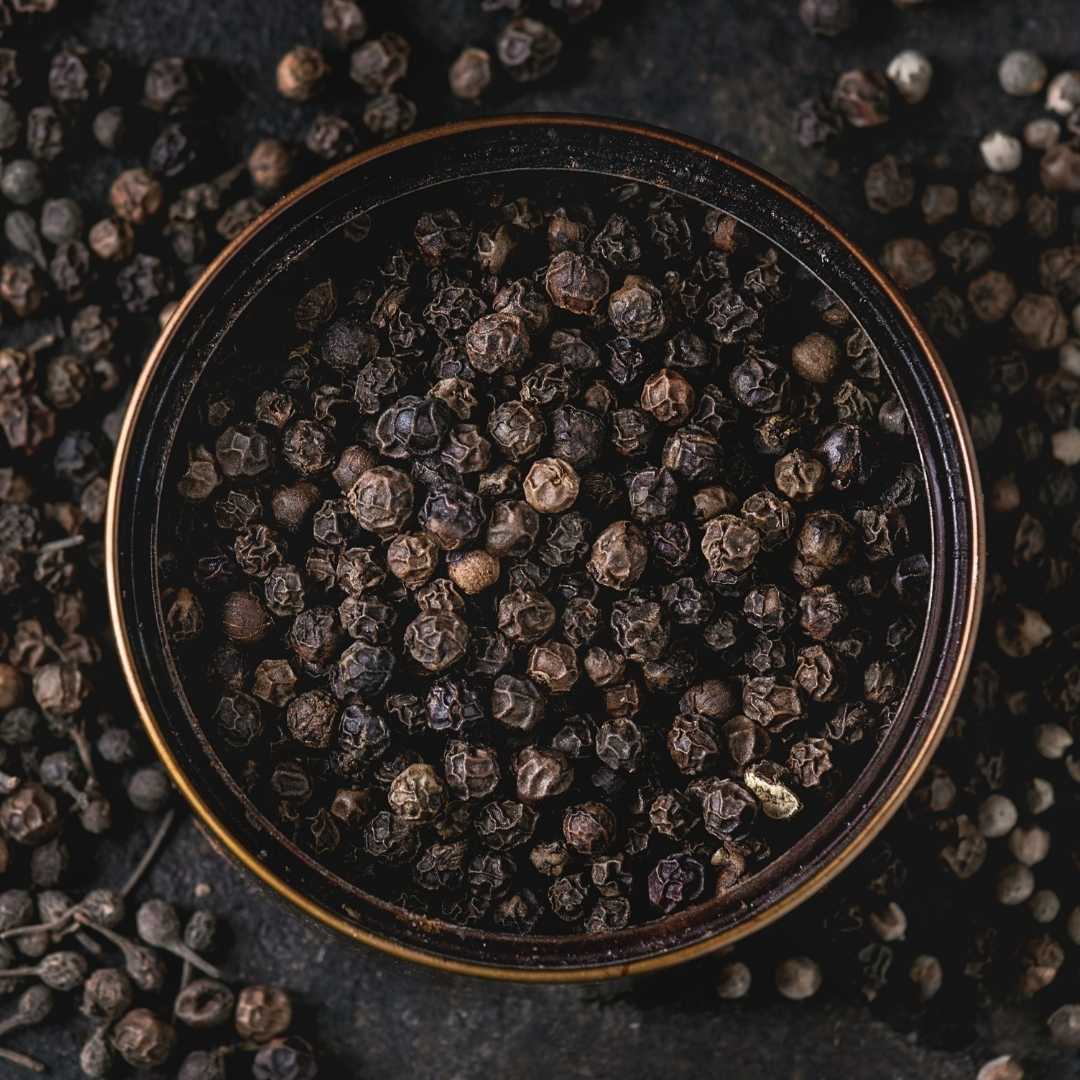
Black pepper, derived from the Sanskrit word PIPPALI, was originally referred to as black gold. Because of its capacity to flavor meals, act as a preservative, and provide heat to a dish, it has one of the oldest histories as a sought-after spice. In addition to its flavor-enhancing characteristics, black pepper has a number of health benefits.
Piper nigrum is native to the tropical forests of southwest India's Malabar Coast, which includes the states of Kerala, Goa, and Karnataka. This spice is the dried unripe fruit of the trailing vine plant, the peppercorn, and its color varies depending on when it is collected. The most popular is black pepper. To make black pepper, select almost-ripe peppercorns and dry them until they turn black.
The vine is native to India, however it can be found in almost any tropical location. Vietnam now grows and exports the most black pepper, accounting for over 35% of the global supply, followed by India, Brazil, China, and Sri Lanka. Pepper is the most traded spice in the world, accounting for 20% of total spice trade. It is used in almost every form of cuisine imaginable. Indeed, the black pepper trade is worth billions of dollars every year!
Pepper was a favorite of the ancient Romans and Greeks. In fact, black pepper is used in 80 percent of the recipes around Apicius, an ancient Roman cookbook written in 4 AD.
The need for black pepper was also a driving reason for many explorers, like Christopher Columbus and Vasco de Gama, who set out expecting to find a speedier path to India in order to purchase it more rapidly for spice-hungry European markets.
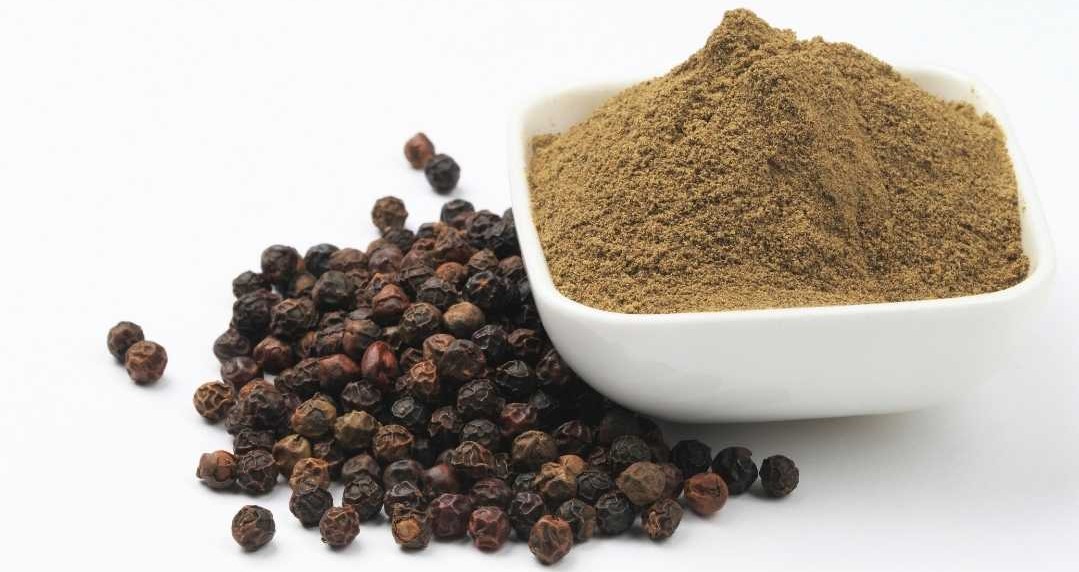
Many of the possible health advantages of black pepper for the body and brain are derived from the black pepper component piperine. Some of them are as follows:
Piperine, a plant chemical found in black pepper, is high in antioxidants.
Free radicals, unstable chemicals that can damage cells, are produced by the body both naturally and in reaction to environmental stimuli. Excessive free radical damage can cause major health issues such as inflammatory illnesses, heart disease, and some malignancies.
Antioxidant-rich diets have been found in studies to reduce free radical damage. For example, one study of both test tube and rat trials discovered that black pepper and piperine supplementation may prevent or decrease the progression of free radical damage and related disorders like atherosclerosis, diabetes, and cancer.
While there hasn't been a lot of human study done on the anti-inflammatory properties of black pepper and piperine, some rodent studies suggest that piperine may aid with inflammation.
For example, researchers discovered that lab mice injected with piperine reported reduced inflammation during one studyTrusted Source targeted at understanding whether or not piperine could inhibit heart harm associated with doxorubicin, an anti-cancer treatment.
Another rodent experiment suggests piperine's anti-inflammatory qualities may help protect renal tissue damage caused by ischemia-reperfusion. Ischemia-reperfusion injury happens when a region of the body does not receive adequate oxygen.
Researchers have also discovered that certain piperine supplements may help reduce the chronic inflammation that people with metabolic syndrome experience, although further human research is required.
A number of reviews and research indicate that piperine has antimicrobial properties. For example, researchers concluded that black pepper's antibacterial properties against gram-positive bacteria such as Staphylococcus aureus could be a powerful ingredient in future therapies against both infectious diseases and foodborne pathogens after conducting a small review of studies involving the spice's antibacterial properties against gram-positive bacteria such as Staphylococcus aureus.
Another large-scale review looked at lab and human studies including piperine's multiple pharmacological properties, including antibacterial properties. Similarly, one test tube study discovered that piperine and piperlongumine – components of the long pepper plant — may aid in the fight against multidrug-resistant infections. The researchers found that both compounds could be useful as bioactive molecules in the development of novel antibacterial medicines.
However, the authors of both studies urged that more study be conducted.
Although no human trials have been conducted to far, multiple laboratory research suggest that the piperine in black pepper may have cancer-fighting qualities.
According to one systematic assessment of spices and cancer treatments, piperine decreased cancer cell multiplication in breast, prostate, and colon cancer studies.
Similarly, the material demonstrated promise as a treatment for osteosarcoma, a kind of bone cancer. More scientists, however, are needed to perform additional experiments to thoroughly examine this effect.
Researchers observed changes in piglets during their developing and fattening periods after randomly assigning them to a diet enriched with or without black pepper.
They discovered that pigs fed a meal laced with black pepper had a considerable rise in high-density lipoprotein — also known as "good cholesterol" — when compared to other piglets.
The researchers believe that these findings deserve additional investigation into the potential benefits of lipid metabolism in humans.
A modest 2013 investigation on the effects of a supplement combining multiple bioactive dietary components, including piperine, on insulin resistance discovered an improvement in insulin sensitivity. This suggests that the hormone insulin was better able to regulate glucose uptake.
However, because the supplement included other food items, it is unclear if piperine alone would have generated the same outcomes.
According to 2013 research, black pepper may assist promote nutrient absorption as well as exhibit prebiotic-like activity, hence regulating intestinal flora and improving gastrointestinal health.
Piperine has been demonstrated in animal experiments to improve brain function, particularly symptoms associated with degenerative brain disorders such as Alzheimer's disease.
Piperine, for example, has been shown to improve memory in Alzheimer's disease rats while also lowering the production of amyloid plaques. These are harmful protein fragments that begin to form in parts of the brain associated with memory and cognitive function.
A human study discovered a correlation between Alzheimer's and piperine levels, however the researchers were unable to determine why and noted that more research is required.
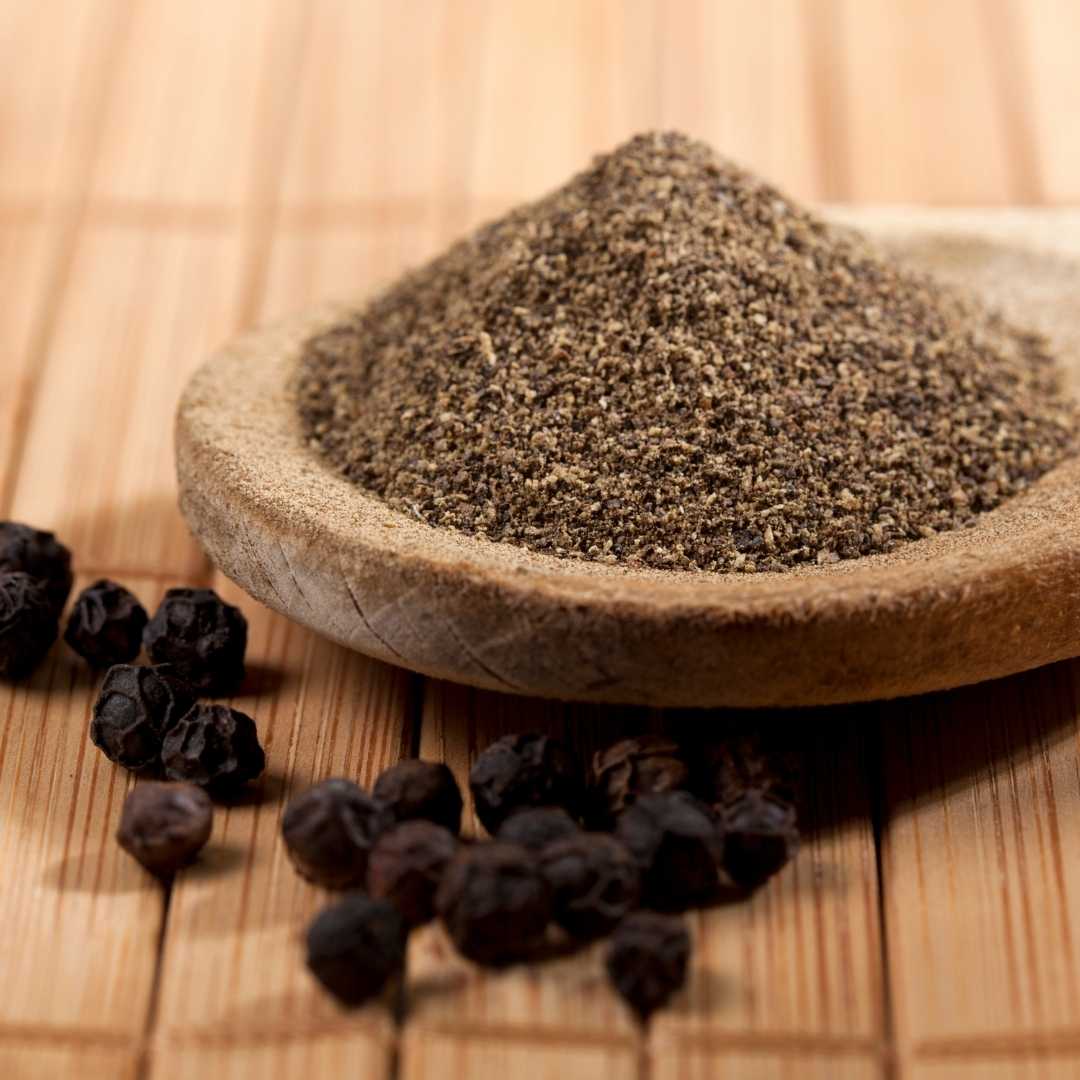
In usual levels used in food and cookery, black pepper is deemed safe for human ingestion. Piperine supplements comprising 5-20 mg per dose appear to be safe as well, however research in this area is limited. However, consuming huge amounts of black pepper or using high-dose pills may cause negative side effects such as throat or stomach burning.
Furthermore, black pepper may increase the absorption and availability of certain medications, such as antihistamines used to treat allergy problems. While this may be beneficial for poorly absorbed drugs, it can also result in dangerously excessive absorption of others. If you want to increase your intake of black pepper or use piperine supplements, talk to your doctor about any potential drug interactions.
Black pepper and piperine have been used in folk and traditional medicine for thousands of years. While much of the research on the health and wellness benefits of black pepper is preliminary and involves more animals than humans, it is intriguing and worth further investigation.
Pepper is an antioxidant that, among other things, has anti-inflammatory and antibacterial properties. It may help improve brain function and raise healthy cholesterol levels.
Amchur Restaurant & Bar is one of the popular Indian restaurants which provides not only Indian cuisines but also Nepalese and Oriental cuisines with a contemporary approach which are not only healthy but also immensely delicious to the customers who have visited and dined at the restaurant. Amchur Restaurant & Bar provides dine-in service along with takeaway and delivery service. If you like to try out the takeaway or delivery you can place an order by clicking here. You can also reserve a table for your family or friends by clicking here.
-
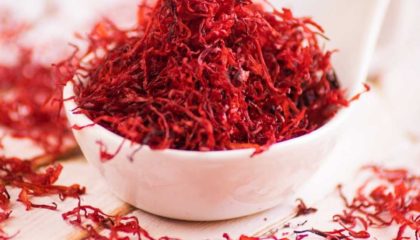 Read more +
August 1, 2022 By Amchur Restaurant in Spices
Read more +
August 1, 2022 By Amchur Restaurant in Spices
What is Saffron and its benefits?
-
 Read more +
July 25, 2022 By Amchur Restaurant in Spices
Read more +
July 25, 2022 By Amchur Restaurant in Spices
What are Fenugreek and its benefits?
-
 Read more +
July 21, 2022 By Amchur Restaurant in Spices
Read more +
July 21, 2022 By Amchur Restaurant in Spices
What are Mustard seeds and their benefits?
-
 Read more +
July 18, 2022 By Amchur Restaurant in Spices
Read more +
July 18, 2022 By Amchur Restaurant in Spices
What are Nutmeg & Mace and its benefits?
-
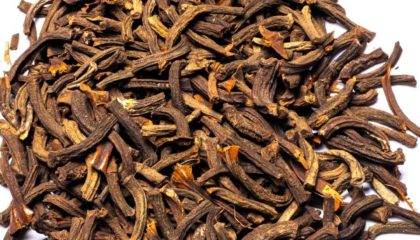 Read more +
July 11, 2022 By Amchur Restaurant in Spices
Read more +
July 11, 2022 By Amchur Restaurant in Spices
What are Cassia bark and its benefits?
-
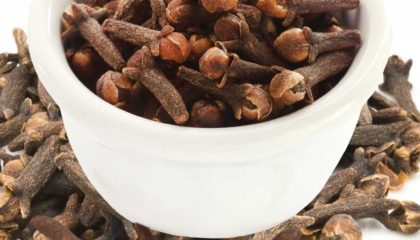 Read more +
July 7, 2022 By Amchur Restaurant in Spices
Read more +
July 7, 2022 By Amchur Restaurant in Spices
What are Clove and its benefits?
-
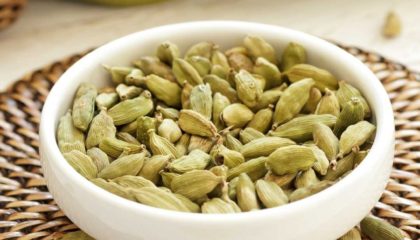 Read more +
July 4, 2022 By Amchur Restaurant in Spices
Read more +
July 4, 2022 By Amchur Restaurant in Spices
What are Cardamom and its benefits?
-
 Read more +
June 30, 2022 By Amchur Restaurant in Spices
Read more +
June 30, 2022 By Amchur Restaurant in Spices
Essential Spices Used in Indian Restaurants
-
 Read more +
June 27, 2022 By Amchur Restaurant in Spices
Read more +
June 27, 2022 By Amchur Restaurant in Spices
What is Turmeric and its benefits?
-
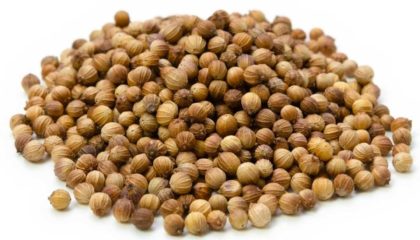 Read more +
June 24, 2022 By Amchur Restaurant in Spices
Read more +
June 24, 2022 By Amchur Restaurant in Spices
What Is Coriander and its benefits?

You must be logged in to post a comment.